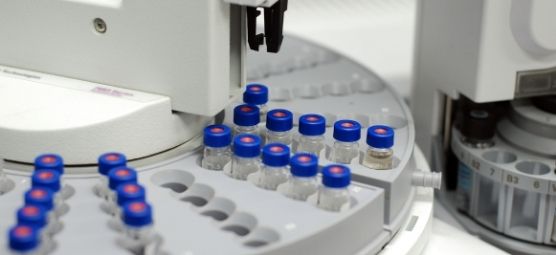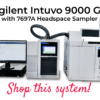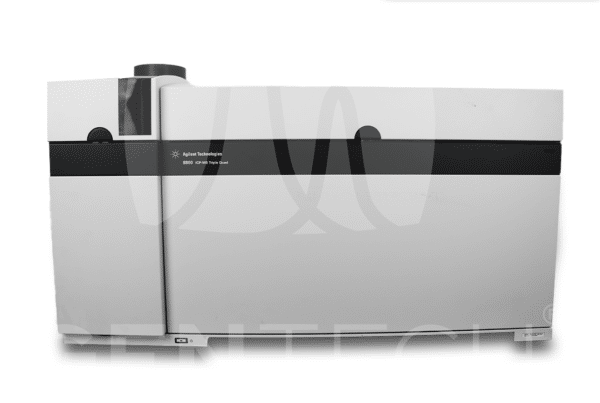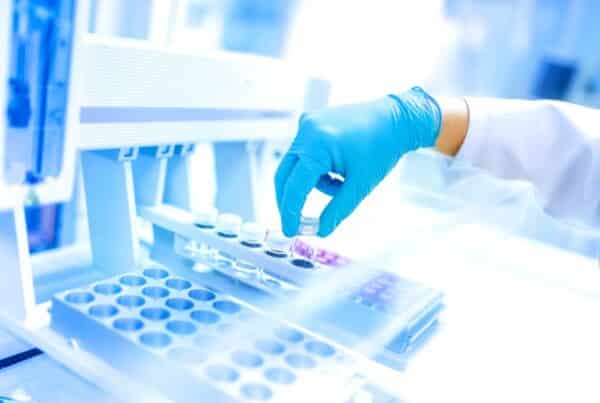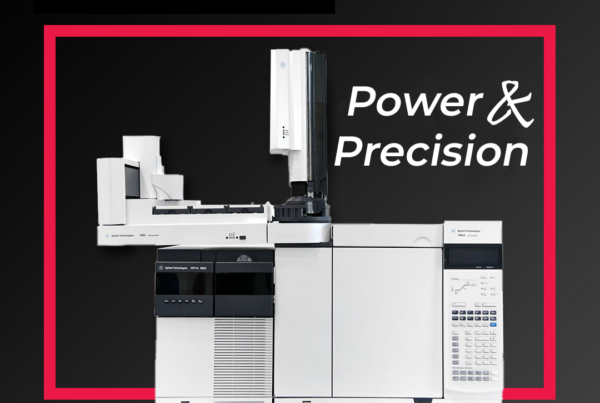One of the most valuable tools for chemists in identifying unknown compounds is the study of mass spectrometry. If you’d like to learn more, explore our overview of mass spectrometry and equipment, including the mass spectrometer.
What Is Mass Spectrometry?
There’s a long and detailed answer to what mass spectrometry is, but in layman’s terms, it’s a way to measure the molecular weight of unknown compounds in a sample. Once chemists know the molecular weight of a compound in a sample, they can then identify it easier and figure out its structural and chemical properties.
So, chemists use mass spectrometry when they need to identify unknown compounds in a sample, such as food or water. It’s also helpful when scientists need to characterize proteins or test pharmaceutical drugs for dangerous compounds. Mass spectrometry helps keep the food and water we drink safe and can unlock clues of chemical evidence left behind in samples.
How Does a Mass Spectrometer Work?
A mass spectrometer is a primary tool used in mass spectrometry, so how does it work? A mass spectrometer measures the mass-to-charge (m/z) ratio of molecules in a sample. Once calculated, a mass spectrometer uses those measurements to determine the exact molecular weight of the sample components.
Once the exact molecular weight is determined, chemists can determine the structure and properties of the molecules.
How Does a Mass Spectrometer Measure m/z?
Three components make up a mass spectrometer: an ionization source, a mass analyzer, and an ion detection system. First, the ionization source converts the molecules to gas-phase ions—this makes them easier to manipulate using electric or magnetic fields.
Once converted, the ions are sorted and separated according to m/z ratios via the mass analyzer. Now that the ions are separated, the ion detection system can measure them and send those measurements to a data system where the m/z ratios are stored. Chemists can then calculate the exact molecular weight and identify the unknown compounds with the data.
What Are the Applications of Mass Spectrometry?
The data that a mass spectrometer can gather and analyze is instrumental in numerous applications, so mass spectrometry is used in a diverse range of fields. Chemists use mass spectrometers to test food, water, and crops for harmful pesticides, so much of the clean food and drink we all eat every day is thanks to mass spectrometry.
Forensics use mass spectrometers to analyze trace amounts of evidence, identify explosive residues, and even in arson investigations. With so many applications, it’s no wonder that it’s easy to find mass spectrometers for sale. Other applications for mass spectrometry include:
- Food contamination detection
- Cancer screening and diagnosis
- Drug testing
- Carbon dating
- Clinical research
We hope you’ve learned much from our overview of mass spectrometry and equipment. There are many applications for mass spectrometry, and if you have more questions or think you could use a mass spectrometer, consult with the experts of GenTech Scientific.

